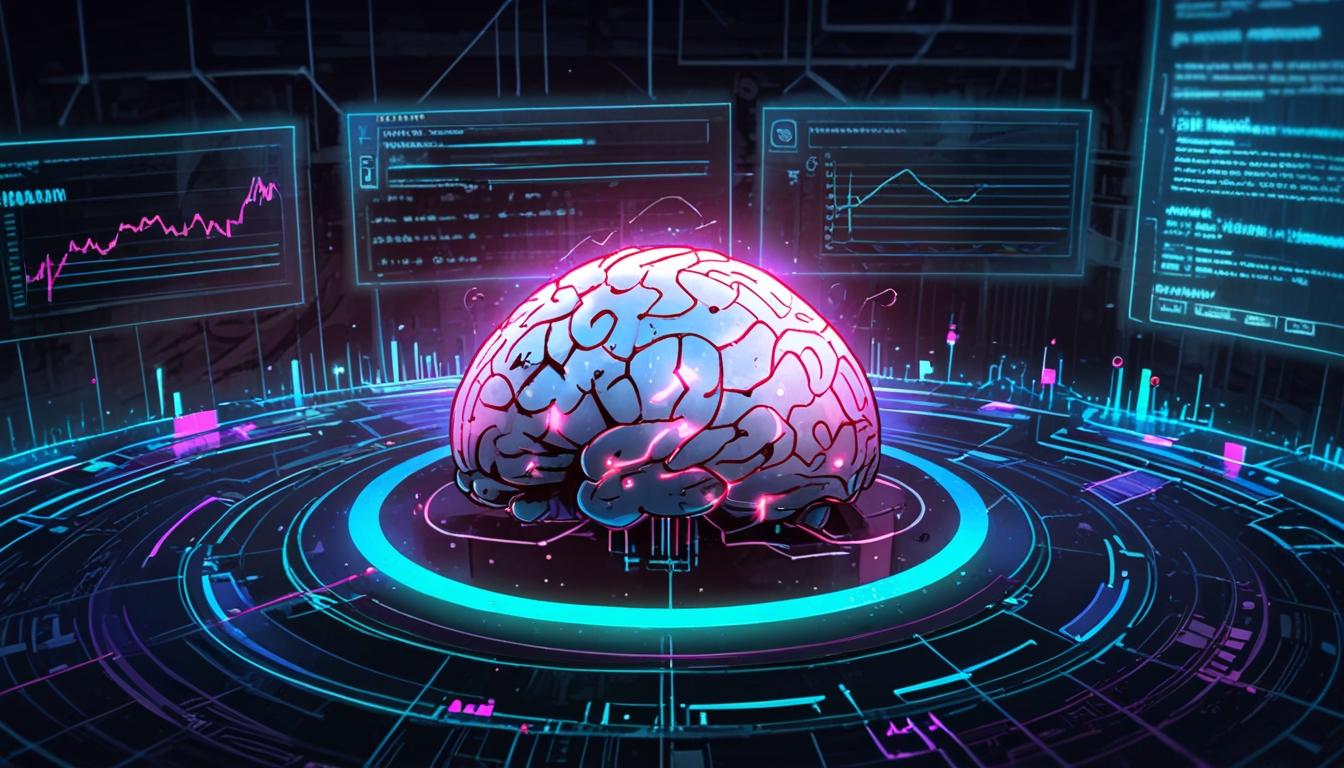Over the past six months, major financial institutions have significantly increased their recruitment of artificial intelligence (AI) professionals, reflecting a trend of growing investment in AI technology within the banking sector. According to a report released on Wednesday by Evident Insights, which monitors 50 of the largest banks across North America, Europe, and Asia, this period saw nearly a 13% rise in AI-focused roles. Leading this expansion were JPMorgan Chase, Wells Fargo, and Citigroup.
The report highlights that this surge in AI recruitment represents the largest half-year increase in two years. Alexandra Mousavizadeh, co-founder and co-CEO of Evident, remarked, “Away from the market noise and volatility, the leading banks are quietly but relentlessly pressing forward with AI transformation. AI roles may be the only safe jobs in banking right now.”
Evident categorises specialised AI talent within three core groups: developers who design algorithms and train AI models, engineers responsible for building data pipelines and platforms, and product managers who oversee the deployment of AI solutions. All these categories saw growth in recruitment, with product manager roles expanding by an impressive 42% over the last six months.
While overall bank headcount has decreased by 3% over the previous two years, AI-related roles have climbed steadily from just over 60,000 in September 2023 to nearly 80,000 by March 2024. This focused hiring strategy aims to scale AI applications that can create measurable value for banks, explained Mousavizadeh.
Several examples underscore how banks are leveraging generative AI for client-facing solutions. Capital One has developed a Chat Concierge powered by generative AI, building on a decade of cloud modernisation efforts. The bank plans to broaden its consumer financial services following a recently approved $35-billion merger with Discover, sanctioned by the Federal Reserve and the Office of the Comptroller of the Currency.
JPMorgan Chase has also invested heavily in AI capabilities. The bank launched its Quest IndexGPT tool aimed at improving investment services for clients and deployed an internal large language model suite last year, projecting that these AI implementations will generate $2 billion in efficiency gains.
According to Evident’s September rankings on AI maturity, JPMorgan Chase and Capital One sit at the forefront. However, other institutions are rapidly closing the gap. Goldman Sachs stands out with a notable balance between AI software implementation staff and data engineers—a near 1:2 ratio reflecting Chief Information Officer Marco Argenti’s emphasis on embedding AI throughout the company. This includes deployment among bankers, traders, asset managers, and coding engineers.
Last year, Goldman Sachs equipped its 12,000 developers with GitHub Copilot, an AI coding assistant, leading to an estimated 20% gain in efficiency. Argenti told CIO Dive, “It's not just about efficiency. It’s about rethinking the way we operate.” The bank also rolled out GS AI, a ChatGPT-like tool, to 10,000 employees for everyday support in functions involving banking, trading, and asset management.
Training initiatives are an integral part of banks’ AI adoption strategies. Nearly 75% of firms surveyed by Evident provide AI-specific training programmes. These efforts often involve phased rollouts of generative AI tools, including controlled environments where ‘super-users’ or teams experiment with the technology in a risk-free setting as part of broader adoption strategies.
The report by Evident Insights outlines a transformative period within banking, where strategic investment in specialised AI talent and technology is reshaping operational models and client service offerings at some of the world’s largest financial institutions.
Source: Noah Wire Services
